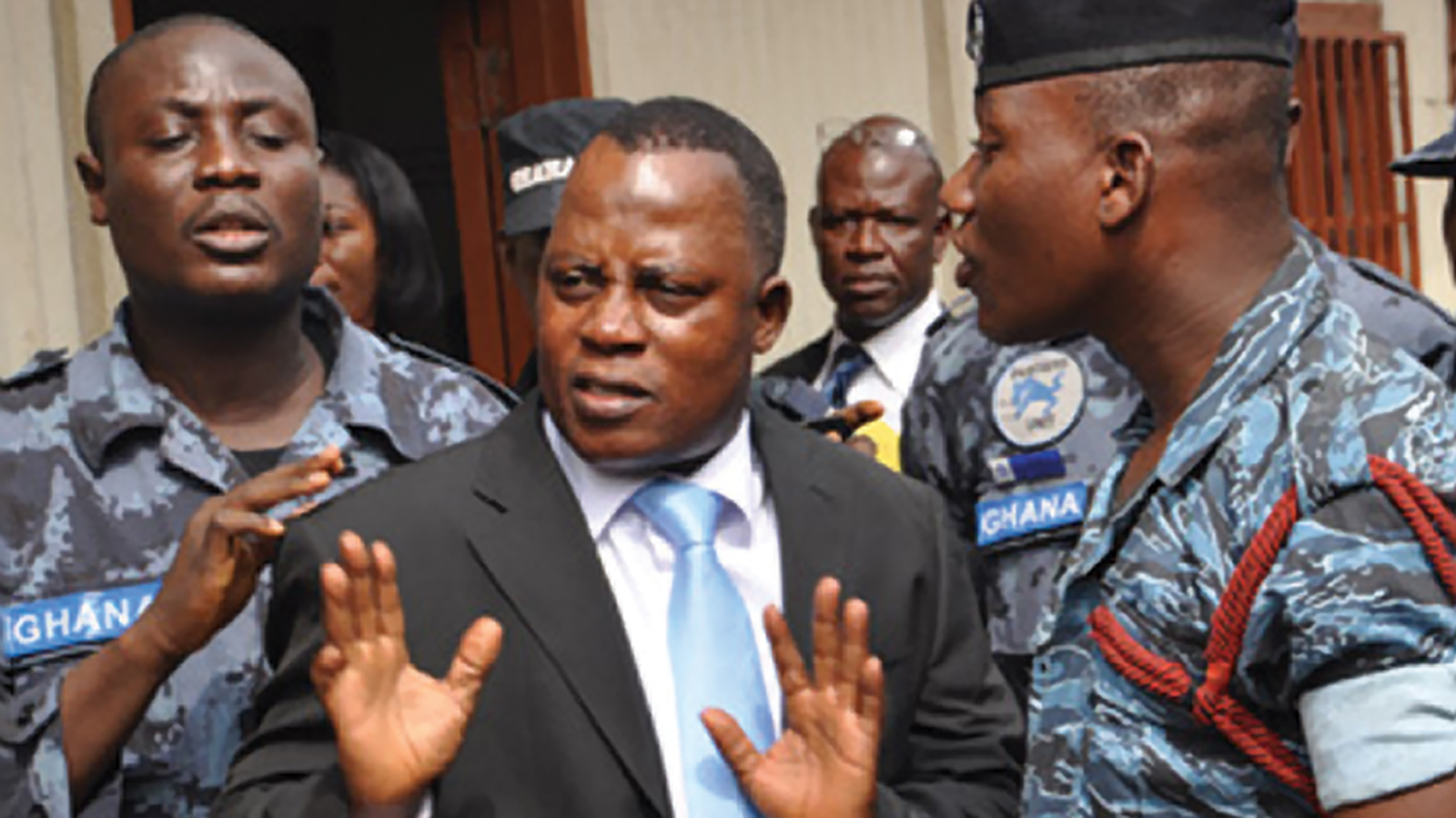Denominations in Ghana are under pressure to tighten their ranks against a crop of pastors with dubious credentials, many of whom mix Christianity with practices of traditional fetish priests.
"The phenomenon is serious," said Isaac Mills Owoo, South/West Sector Head of the Ghana Baptist Conference. "People with ulterior motives are entering the ministry … as a way to get rich quickly." And religious freedom protections prevent church leadership from stopping such pastors unless their activities are proven to be criminal.
Some pastors consult the dead in their television broadcasts. Others charge "consultation fees" of 50 cedis (US $35) or more in a country with a minimum wage of about two dollars a day.
"As I was growing up, I was made to understand that consulting the dead was sorcery," said Nana Esi, a seamstress who worships at a Methodist church in Cape Coast. "Now it is being practiced in the church."
Many Christians are wondering whether the source of power in these churches is God, juju or traditional African religion—where a priest manages a shrine and controls gods (spirits residing in physical objects) that can solve health or spiritual problems—or outright deception. Kwaku Bonsam, a prominent fetish priest known for challenging pastors to contests of supernatural power, has claimed in several interviews that he has assisted 1,000 pastors with supernatural powers for church growth. A video on his website shows him retrieving one of his gods from a pastor.
In January, an Accra circuit court sentenced Nana Kofi Yirenkyi—also known as "Jesus One Touch," founder of Jesus Blood Prophetic Ministry in Accra—to 10 years in prison for the rape of his own 10-year-old daughter. In February, police arrested pastor Vincent Bassaw, general overseer of Fountian Living Waters Church in Takoradi, for impregnating a 15-year-old student. Some arrested pastors explain that their fetish priest required them to perform frequent sexual acts in order to maintain their success.
These are only a few of many such cases that have made headlines.
"The problem is that these 'men of God' profess Christ Jesus and do appalling things," said Ebo Sackey, chairman of the Central Regional branch of the Ghana Journalists Association. "Bad news is news, and there is a lot of bad in the circles of these new churches. … You wonder whether they deserve to be called churches."
The issue has gained significant media attention and become a national worry. The vice president of Ghana, John Mahama, recently expressed concern about the situation at a church leadership conference, calling on clergy and Christian education institutions to crack down on rogue pastors.
According to Mills Owoo, the Baptist conference now requires that pastors have at least a theology diploma. "Now there are rigorous background checks by the Baptist Bible schools to get those with suspicious characters out."
Christiana Aba Tachie-Menson, registrar of St. Nicholas Anglican Seminary in Cape Coast, said student priests are carefully monitored, and anyone who falls short of the character of a priest is dismissed. "We aim at not only producing pastors but pastors worthy of the call," she said.
Many Ghanaians still come to these dubious churches, seeking solutions to problems of unemployment, marriage, and childlessness. Kweku Adu, a second-hand shoe seller in Cape Coast, says he does not care where these pastors get their powers: "If only he can solve my problem, I am ready to be part of that church."
Government figures indicate that more than 69 percent of Ghana's 24.5 million people profess Christianity. "The situation is complicated," said Nana Esi. "Everybody in Ghana professes Jesus as Lord even if they don't go to church."
"As a church, we have made it a priority to educate our members about the activities of these false prophets and how to identify them," Mills Owoo said. "And we just hope and pray that they don't fall prey."
Copyright © 2011 Christianity Today. Click for reprint information.
Related Elsewhere:
Previous Christianity Today articles on Ghana include:
Ghana: The Team That Prays Together| America's Saturday World Cup opponent is reportedly one in the Spirit. (June 25, 2010)
Sex Slaves' Slow Freedom | Sometimes it takes years to negotiate their release. (January 25, 2005)
Saving Faces | Mercy Ships surgeons perform medical miracles daily in remote ports of call. (December 14, 2007)










